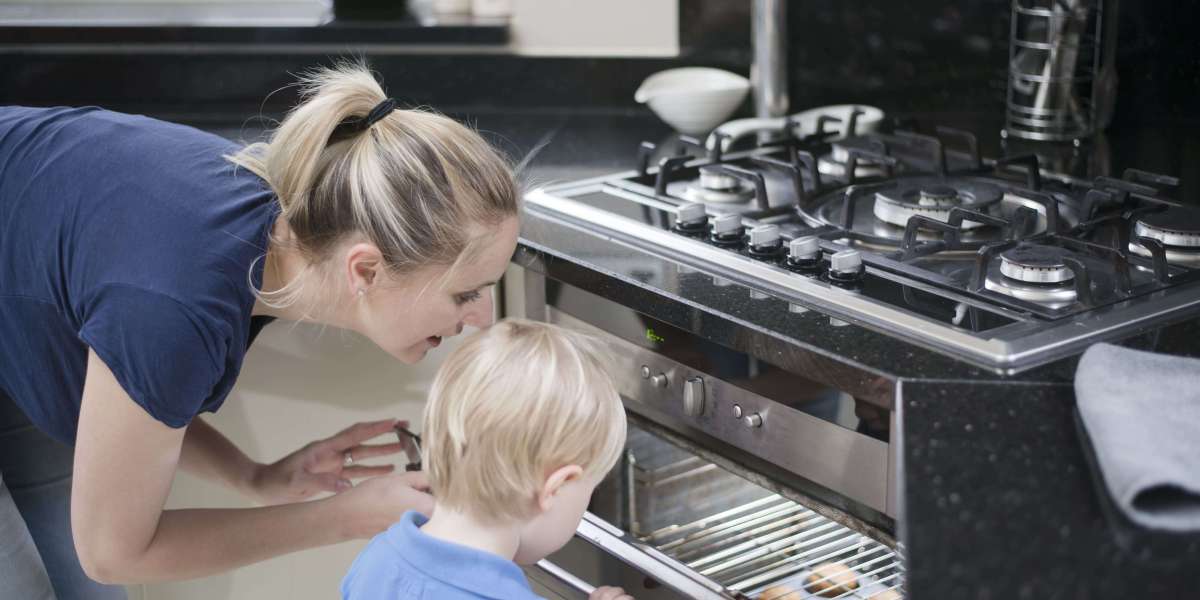For many patients undergoing Tummy Tuck surgery in Riyadh, planning travel post-operation is a common concern—especially when it involves flying. Air travel can be physically demanding and comes with certain risks that need to be carefully managed after surgery. Knowing when it’s safe to fly and how to prepare can ensure your journey is comfortable and complication-free.
This article provides detailed insights on the best timing for flying after surgery, practical tips for safe travel, and essential precautions to keep your recovery on track.
Why timing matters for flying after surgery:
Flying too soon after a tummy tuck can increase the risk of complications like blood clots, swelling, and delayed healing. The pressure changes in airplane cabins, prolonged immobility, and dehydration are factors that can negatively affect recovery.
Risks associated with early flying:
Increased risk of deep vein thrombosis (DVT)
Worsening of post-surgical swelling and discomfort
Stress on abdominal muscles and incisions
Fatigue and dehydration affecting healing
Waiting for the right recovery phase before traveling is crucial for your health and safety.
When is it safe to fly after tummy tuck surgery?
The general recommendation is to avoid flying for at least 4 to 6 weeks post-surgery, but this can vary based on individual healing and your surgeon’s advice.
Factors influencing timing:
Extent and type of tummy tuck procedure
Presence of any complications such as infections or excessive swelling
Your overall health and risk factors for blood clots
Ability to move and walk comfortably during the flight
Always get personalized clearance from your surgeon before booking any flights.
Preparing for your flight safely:
If flying is necessary, preparation can reduce risks and enhance comfort.
Pre-flight tips:
Schedule your flight when your surgeon approves and you feel physically ready.
Wear your compression garment during the flight to minimize swelling.
Stay well-hydrated before and during the journey.
Avoid alcohol and caffeine which can contribute to dehydration.
Pack essential medications and supplies in your carry-on bag.
Onboard tips to ease discomfort:
Long hours of sitting can increase discomfort and swelling in the abdomen and legs. Follow these strategies for safer travel.
In-flight recommendations:
Walk around the cabin every 1-2 hours to promote circulation.
Perform seated leg exercises like ankle circles and foot pumps.
Use travel pillows or cushions to support your posture and reduce pressure on the abdomen.
Dress in loose, comfortable clothing with easy access to compression wear.
Avoid heavy meals before and during the flight.
After the flight: Post-travel care
Once you arrive, continuing care is essential to prevent setbacks.
Post-flight guidelines:
Rest adequately but keep moving gently to avoid stiffness.
Continue wearing compression garments as directed.
Monitor your incision sites for any signs of swelling, redness, or pain.
Maintain hydration and follow a healthy diet to support healing.
Schedule a follow-up appointment if you experience unusual symptoms.
When to avoid flying altogether:
In some situations, flying might not be advisable, even after the typical waiting period.
Conditions that require caution:
Recent complications like infection or hematoma
Limited mobility or severe pain
Pre-existing conditions increasing clot risk such as obesity or clotting disorders
If your surgeon advises against travel based on your recovery status
Honoring these restrictions protects your health and ensures the best surgical outcome.
Choosing expert surgical care in Riyadh:
Opting for Tummy Tuck surgery in Riyadh offers access to experienced surgeons who provide thorough pre- and post-op guidance, including travel advice. Personalized care plans help patients navigate recovery milestones safely and confidently.
Final thoughts:
Flying after a tummy tuck requires patience, planning, and attention to your body’s needs. Waiting for the appropriate healing window, following safety tips, and adhering to medical advice reduces risks and enhances comfort.
By preparing well and respecting your recovery timeline, you can enjoy your journey and look forward to fully embracing your surgical results.







